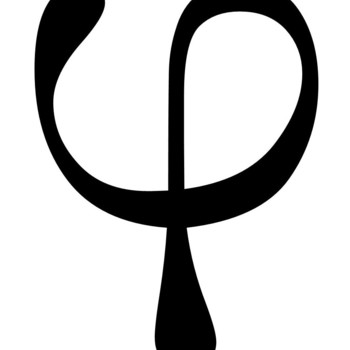We have The Ideal Gas Law:
#PV=nRT#
Since #V=m/rho#, where #m# is the mass of the gas and #rho# its density, and #n=m/M#, where #M# is the molar mass of the gas, we can write:
#(Pm)/rho=(mRT)/M#
We now have to solve for #rho#. Dividing both sides by #Pm# gives:
#1/rho=(mRT)/(MPm)#
Which reduces to:
#1/rho=(RT)/(MP)#
Reciprocate both sides:
#rho=(MP)/(RT)#.
Here,
#M=16.04"g/mol"#
#P=1"atm"#
#T=273.15"K"#
#R=0.0821"L atm K"^-1"mol"^-1#.
Inputting:
#rho=(16.04*1)/(0.0821*273.15)#
#rho=0.72#
Now we have our number. What about the unit?
We know that density's units are a mass unit divided by a volume unit.
The mass unit here is grams, as the molar mass was expressed in #"g/mol"#. The volume unit is liters, as the value of #R# contained that value. As #1"L"=1"dm"^3#, we can write the density as:
#0.72"g/dm"^3#

